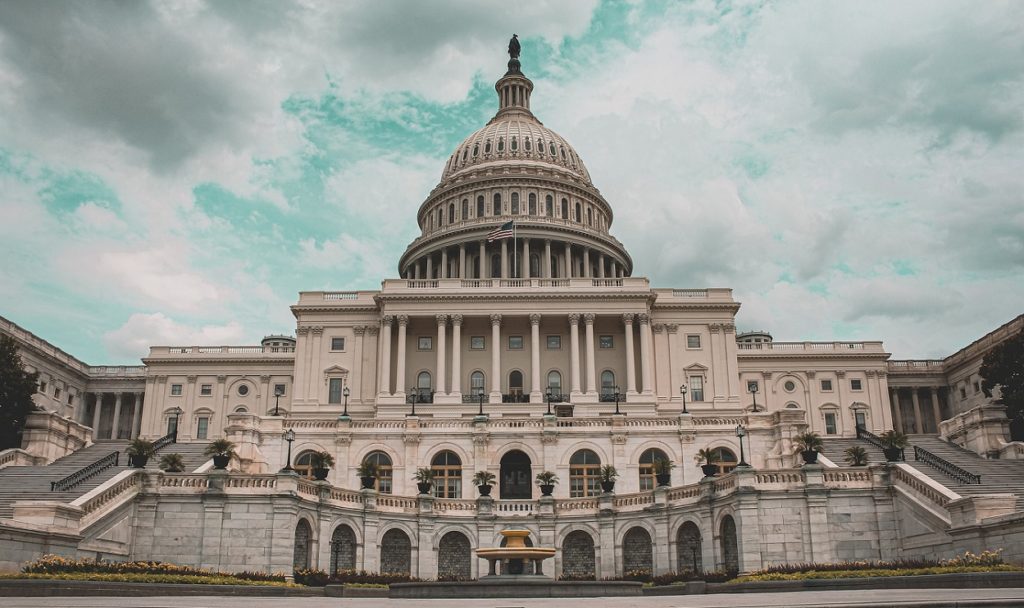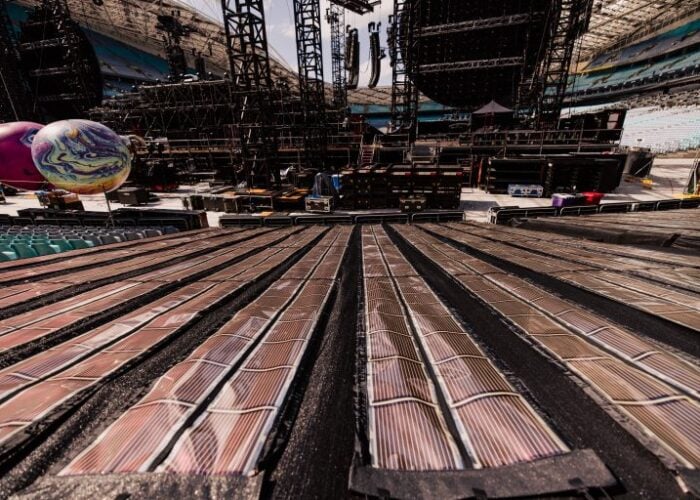
A group of US lawmakers is seeking to prevent Chinese solar manufacturers from accessing US subsidies for solar manufacturing plants.
The “American Tax Dollars for American Solar Manufacturing Act” was introduced yesterday by a bipartisan group of senators: Republicans Bill Cassidy and Rick Scott and Democrats Jon Ossoff and Sherrod Brown. It aims to prevent Chinese-owned solar manufacturers—the largest in the world—from benefitting from the tax incentives included under the Inflation Reduction Act (IRA).
Try Premium for just $1
- Full premium access for the first month at only $1
- Converts to an annual rate after 30 days unless cancelled
- Cancel anytime during the trial period
Premium Benefits
- Expert industry analysis and interviews
- Digital access to PV Tech Power journal
- Exclusive event discounts
Or get the full Premium subscription right away
Or continue reading this article for free
Specifically, the proposal would amend the Internal Revenue Code of 1986, “to prohibit allowance of the advanced manufacturing production credit for components produced by foreign entities of concern.”
The “advanced manufacturing production credit”—also known as the 45X production credit—has been one of the most widely praised mechanisms for expanding solar production capacity in the US. The Department of Treasury released guidance on the credits in December 2023.
The top five global solar manufacturers (all of which are Chinese or have strong ties to China) have announced plans for US capacity. Recently, Canadian Solar – one of the top five – began production at its 5GW tunnel oxide passivated contact (TOPCon) module factory in Texas. Trina Solar, JinkoSolar, JA Solar and LONGi have also all either announced capacity or begun production in the US.
Senator Sherrod Brown, of Ohio, said: “We cannot allow American tax dollars to go to Chinese companies that cheat and undermine American solar manufacturing. Our bipartisan bill will make sure that only American companies are supported by taxpayer dollars.”
Jon Ossoff, a Democrat senator involved in the bill, has been pushing for more protectionist policies in the US solar industry for some time. In an interview with this publication last year, he said that domestic solar manufacturing was a “national security issue” for the US because of its reliance on Chinese products (premium access).
This sentiment was echoed in a statement issued on Senator Brown’s website, which said: “The legislation specifically cracks down on efforts by the Chinese Communist Party to undermine US national security.”
The bill was supported by Cadmium Telluride (CdTe) thin-fim solar manufacturer First Solar, which has operational bases in Brown and Cassidy’s representative states of Ohio and Louisiana.
Mark Widmar, CEO First Solar, said: “It is imperative that the US solar manufacturing industry, which should not be confused with companies simply assembling modules in the US with high-value-add imported components, is granted a level playing field, allowing it to compete on its own merits.”
Widmar made similar calls for more stringent restrictions in the US in a statement to the US Senate Finance Committee in March. He said that the US “cannot line China’s pockets with US taxpayer dollars” and warned that it was “not unrealistic” that Chinese manufacturers would open facilities in the US to capitalise on the 45X credits, only to shut them down once the incentives have expired.
As well as First Solar, a major beneficiary of the legislation would be Korean-owned Hanwha Qcells, which has a major, vertically-integrated manufacturing base in Ossoff’s state of Georgia.
Despite IRA incentives and the rising tide of PV manufacturing capacity expansions, there are uncertainties on the horizon. Earlier this week Mark Widmar warned of the “uncertain policy environment” in the US ahead of its Presidential election this November. He said that the situation had caused financing constraints for “established companies looking to build domestic manufacturing capacity.”






